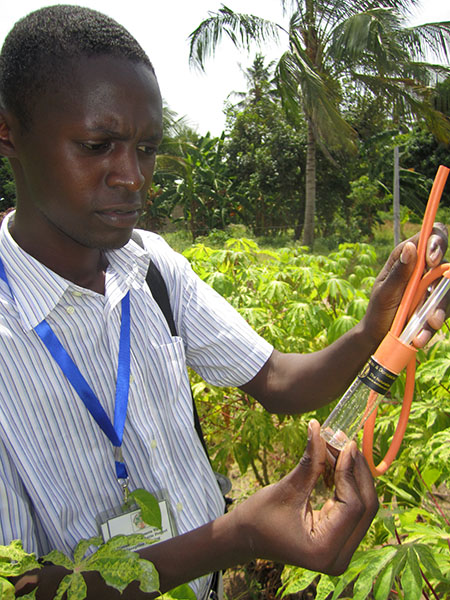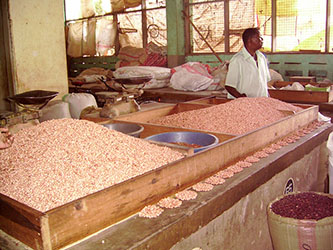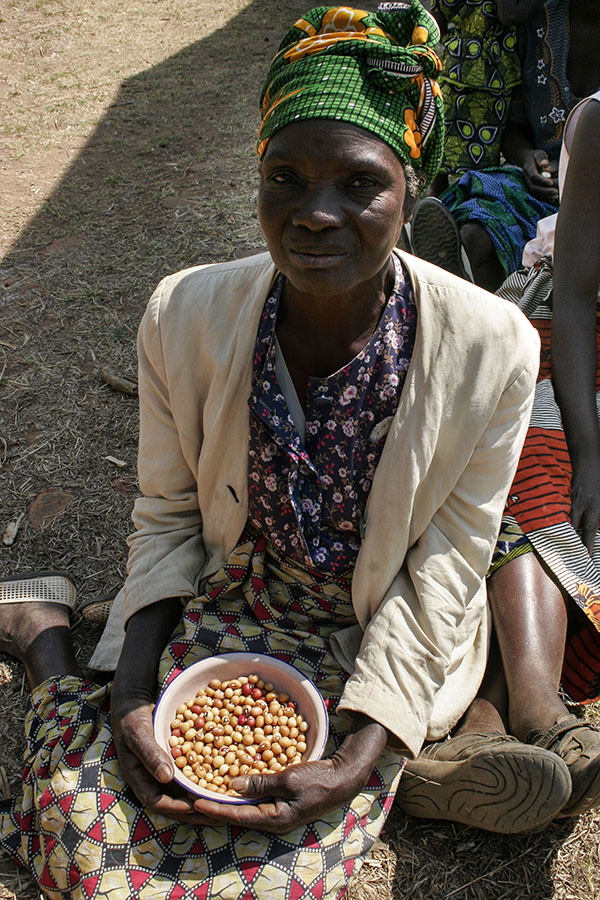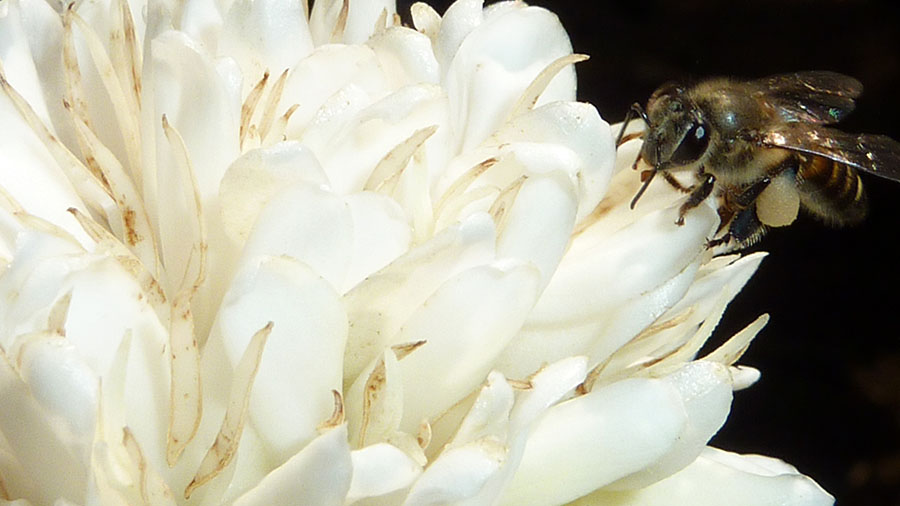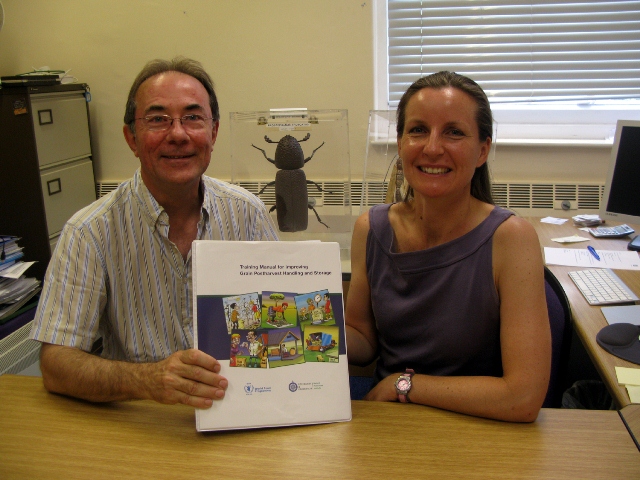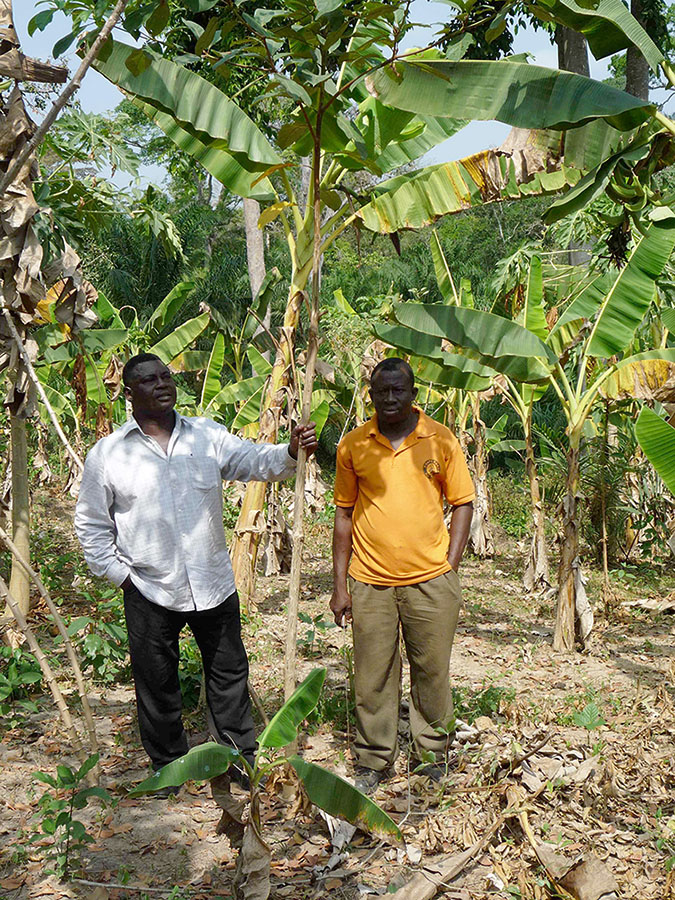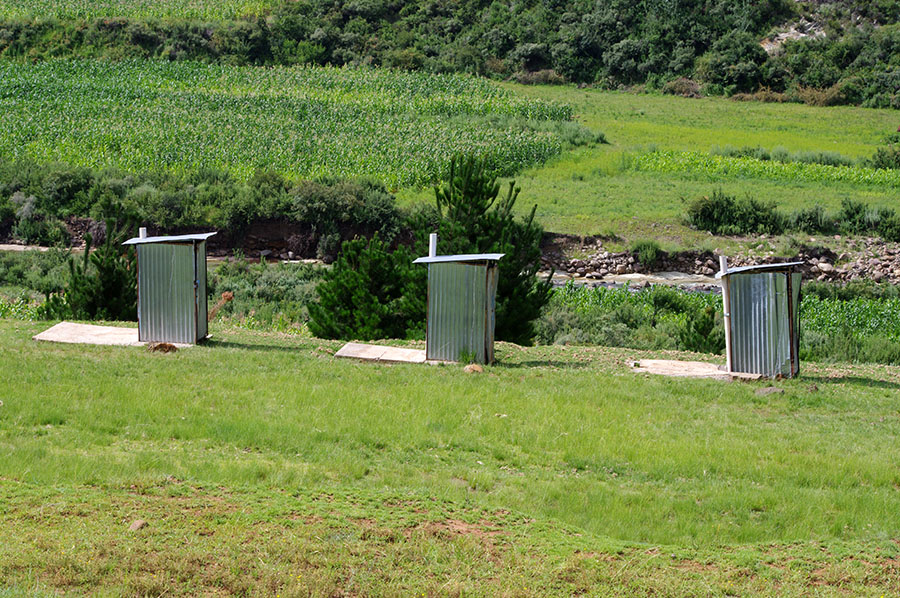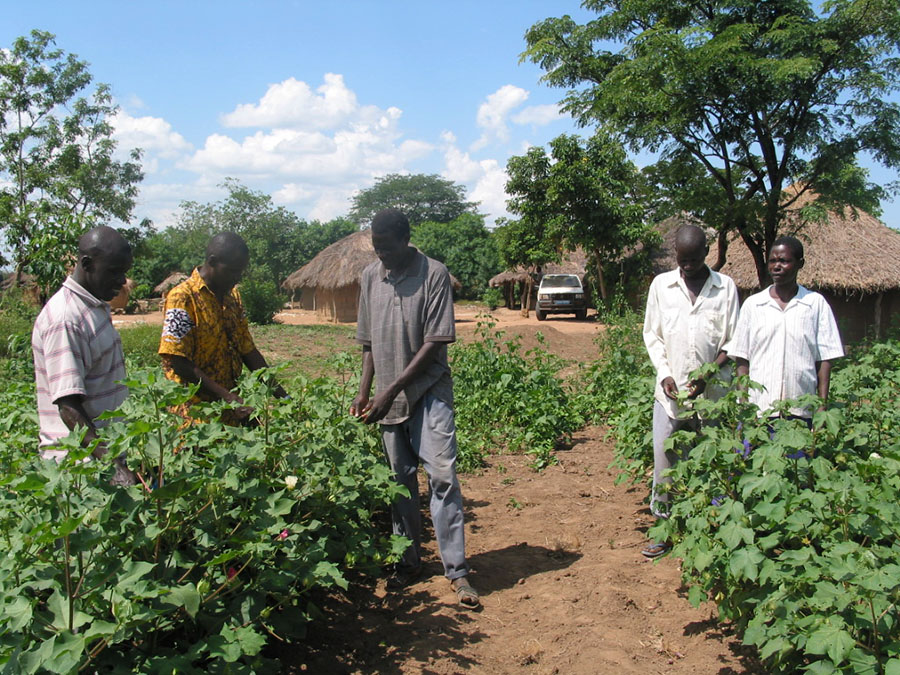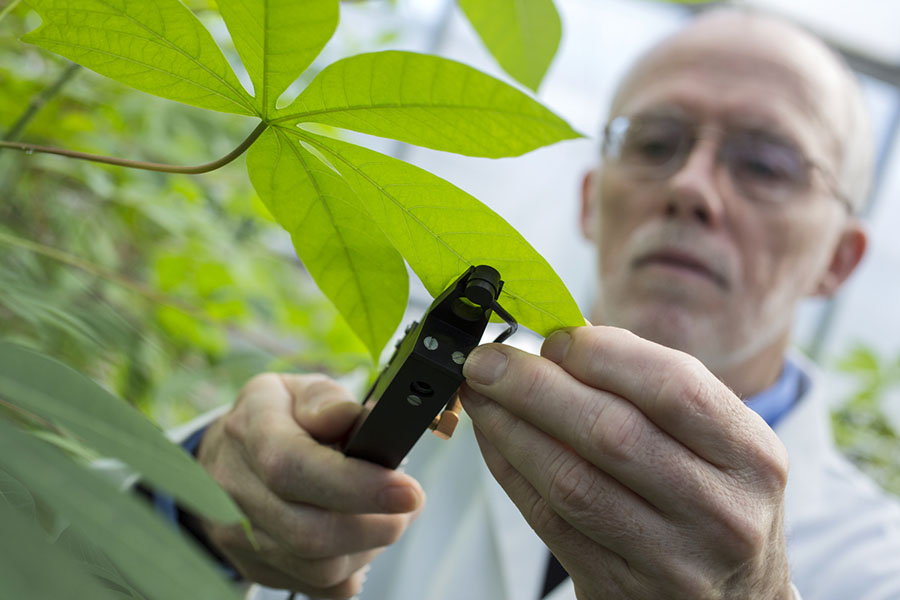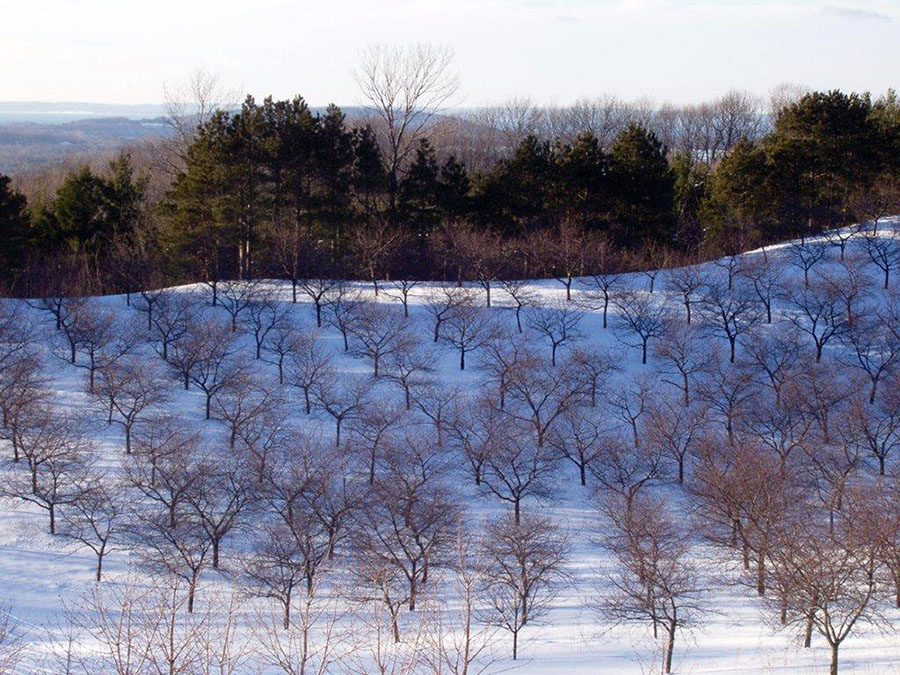News - 2013
The Natural Resources Institute's Biodiversity and Molecular Biology Research Group have received a ~£500,000 grant from the Bill & Melinda Gates Foundation to develop specific research...
Certain foods sold in developing countries are often not fit for consumption due to contamination by toxins produced by fungi (mycotoxins) causing serious public health impacts, including...
Parliamentarians will be presented today with a poster on malaria research by Frances Hawkes, a PhD student at the Natural Resources Institute. The presentation is part of the prestigious "SET for...
Bambara groundnut (Vigna subterranea), a greatly undervalued crop throughout sub-Saharan Africa, has been found to have a key role in belief systems across Malawi. The crop is highly important to...
You may need a cup of coffee to kick start the day, but it seems honeybees also get their buzz from drinking flower nectar containing caffeine. Scientists have today shown that caffeine improves a...
Professor Rick Hodges and Dr Tanya Stathers, of the Natural Resources Institute (NRI) have been working with the UN World Food Programme (WFP) to develop a "Training Manual for Improving Grain...
Coinciding with Fairtrade Fortnight, Jeremy Haggar, department head of Agriculture, Health and Environment at the Natural Resources Institute (NRI) was invited to speak today at the Twin-Fairtrade...
In the lead up to the G8 summit in June, Hanneke Lam, Economist at the Natural Resources Institute (NRI), gave a presentation yesterday at a Parliamentary hearing on 'Financial Services for...
NRI Professor Robert Cheke has written a report that will contribute to the Africa Adaptation Programme (AAP) of the United Nations Development Programme (UNDP) on the possible climate change effects...
The main cotton growing area in Tanzania has recently been affected by what appears to be a new disease, afflicting most of the crop in that area.
Temporarily named 'Premature Defoliation Syndrome'...
Agriculture in the "garden of England" may be dramatically different in the decades to come but, with the right planning, farmers will be able to adapt to the challenges of climate change. That's the...
A new paper examines the impact of declining winter chill on the production of temperate perennial crops in the northern hemisphere. Winter chilling is a measure of the requirement for a period of...


